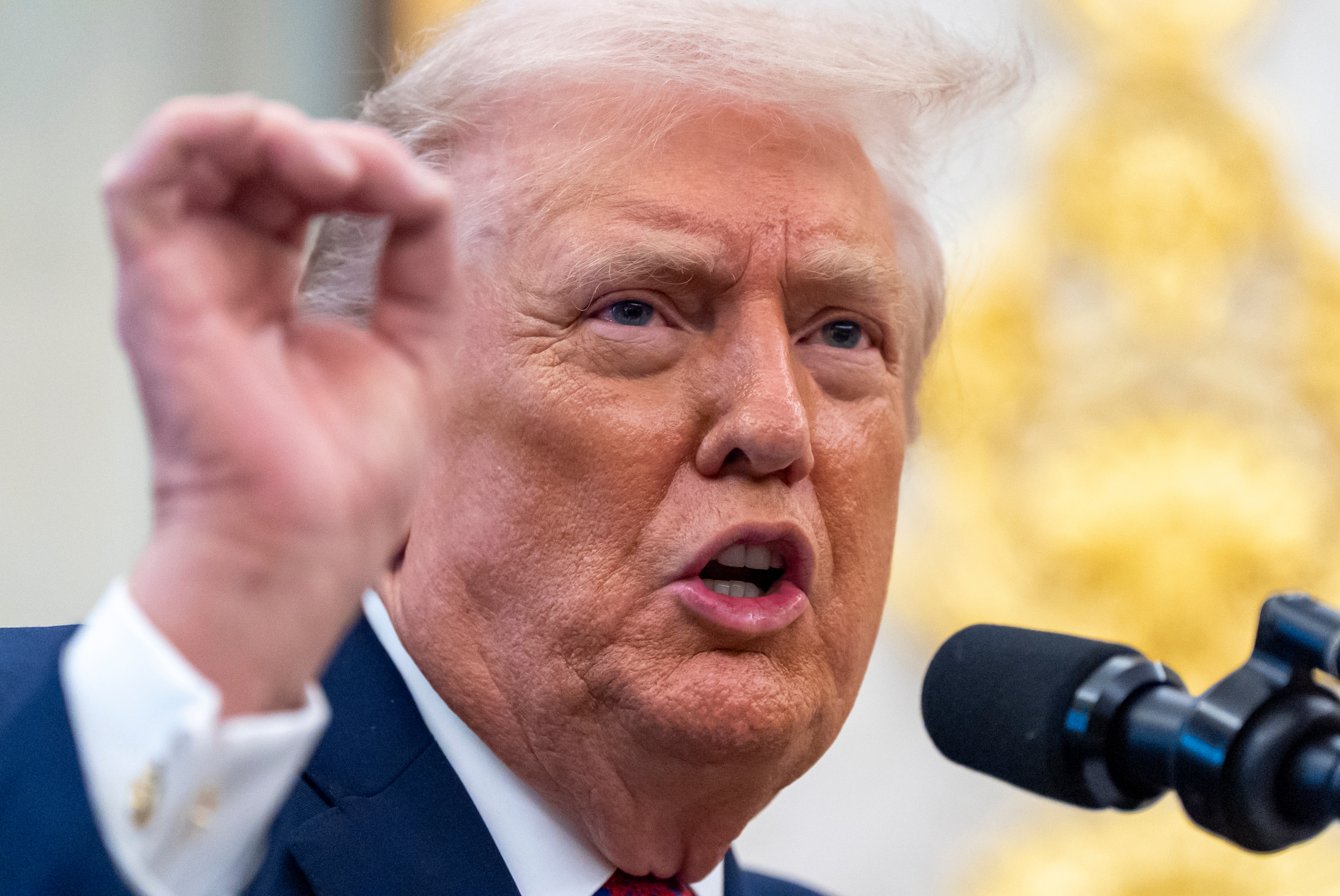As Iraqi government forces struggle to combat militant Sunni jihadists closing in on Baghdad, Kurdish forces seized two important Iraqi oil fields Friday — signaling that the northern autonomous region might finally be ready for independence.
The strategically-important oil fields are located near the oil city of Kirkuk, which the Kurdish fighters begun to occupy in June, and were taken in what the Kurdish government says was a preemptive move to prevent them from being sabotaged by the Iraqi government. (Via YouTube / Rudaw Kurdish & Vice)
With control of more oil to sell, the move has many observers speculating on whether or not the Kurdistan Regional Government will advance its attempts to form an independent state. Imran Khan with Al Jazeera had this to say:
"Politically the Kurds are now in movement. They want to take this land because they feel that that land will be part of any future Kurdistan state and now is the time to take it over."
The Guardian writes that "Many feel the moment of Kurdish destiny has arrived. Last week the president of Iraqi Kurdistan, Massoud Barzani, called on the Kurdish parliament to hold a rapid referendum."
Quoting a geopolitical analyst, Foreign Policy warns that there may be no turning back from furthering the estranged relationship between the Kurds and Baghdad:
"The Kurds are playing an increasingly bold hand and it limits their options in terms of any kind of compromise with Baghdad or backing down from the path that they're setting off on. But there are no guarantees that they'll be successful in going down that path in securing political and financial independence."
And while Kurdistan inches closer towards independence, the international community has kept it's eye on the region. The main concern is that an independent Kurdistan would cause instability with its neighbors Turkey, Iran and Syria — all of which share Kurdish minority groups.
With the Islamic State's continued presence in Iraq, Time writes that Turkey might get onboard an independent Kurdistan though, "preferring a pragmatic Kurdish state to a caliphate on its southern border."
As for Iran, a Kurdish party member told The Wall Street Journal that "The Iranians have made their position very clear—they went to Barzani and said you'll pay for it if you go for independence."
And the United States, who has traditionally supported the region but not it's complete independence, stressed Iraqi unity over any rush to fracture the ailing nation any further.
In late June, U.S. Secretary of State John Kerry met with Barzani and urged him to work with Baghdad in creating a new government instead of pursuing independence. (Via Voice of America)
But Barzani stressed that Iraq may not exist as an unified nation for much longer, and that Kurdistan will still hold an independence referendum.











